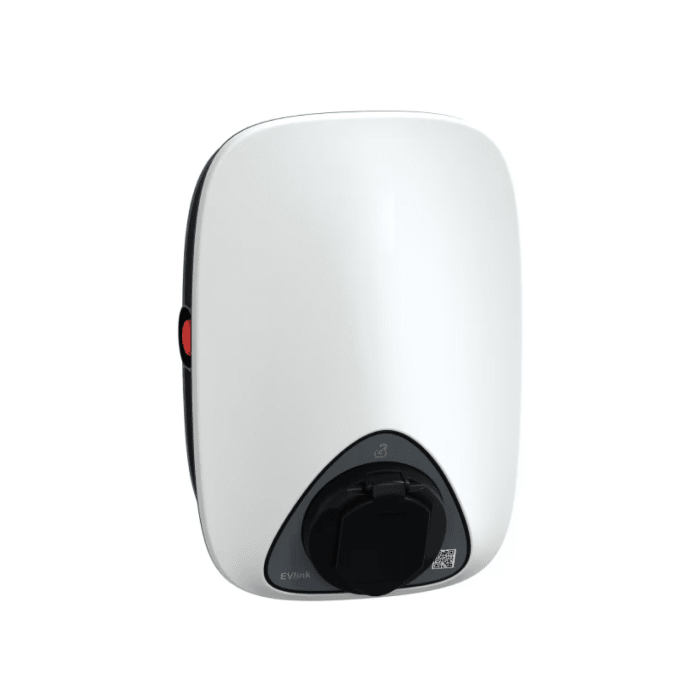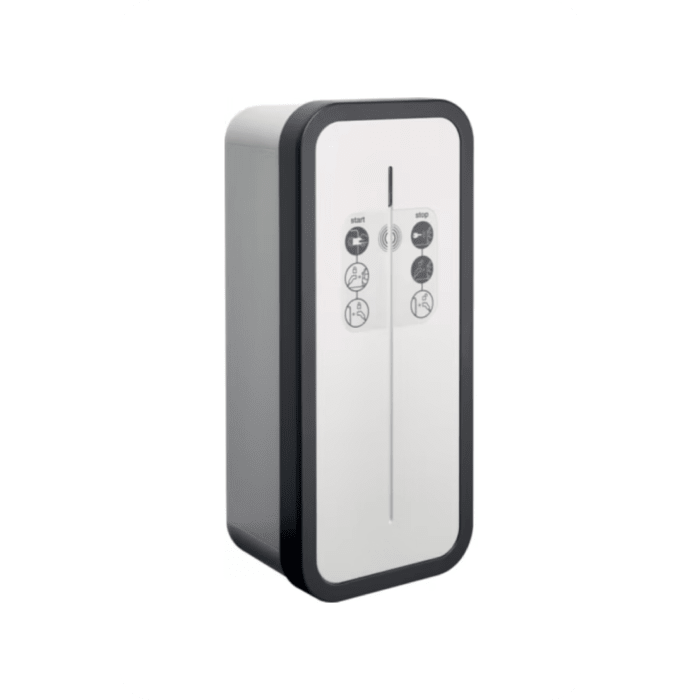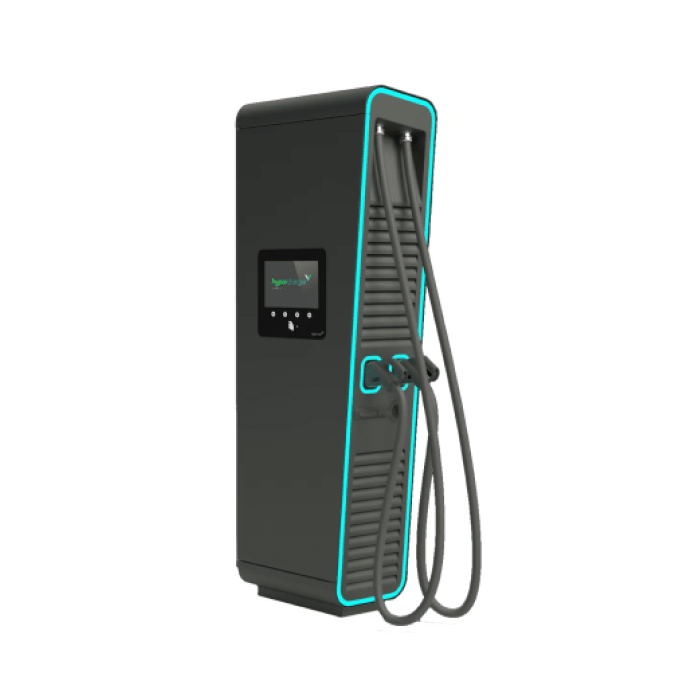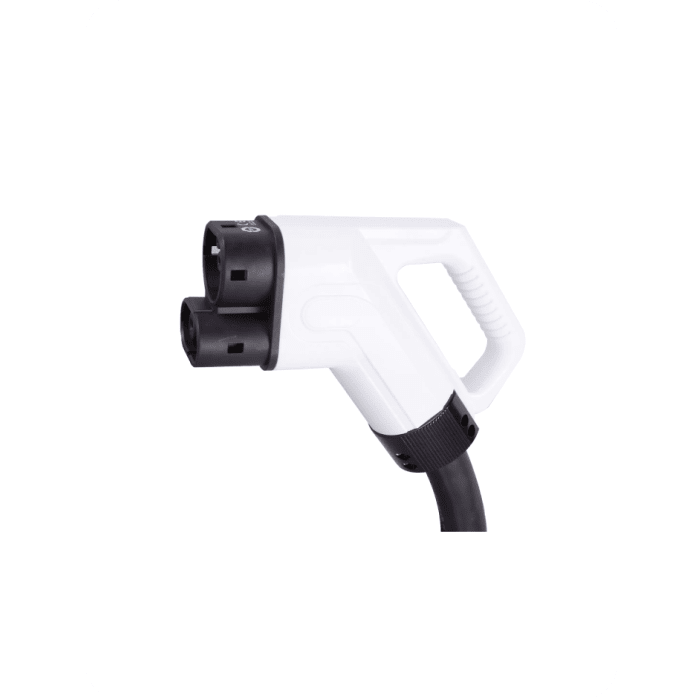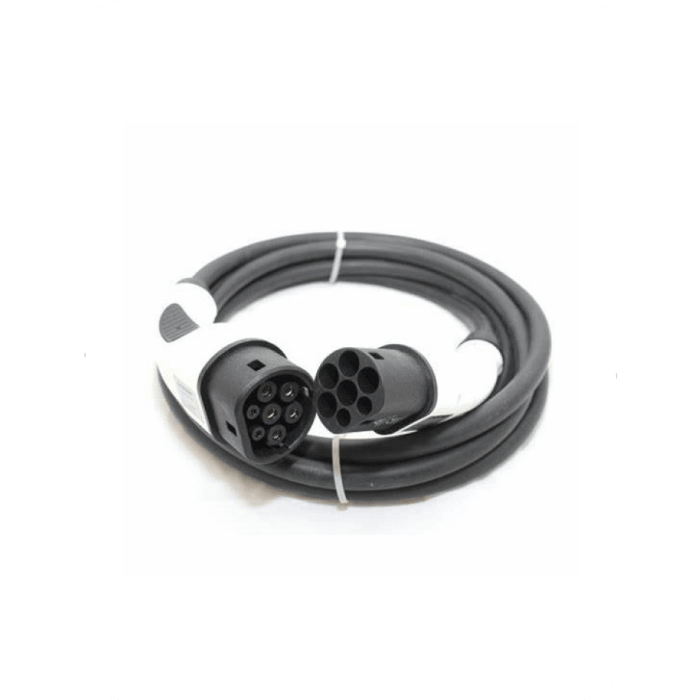Les vår innholdsrike veileder på EV-lading
Lær mer om den eksponentielle veksten i elbilmarkedet og hvordan Sonepar leder veien videre.
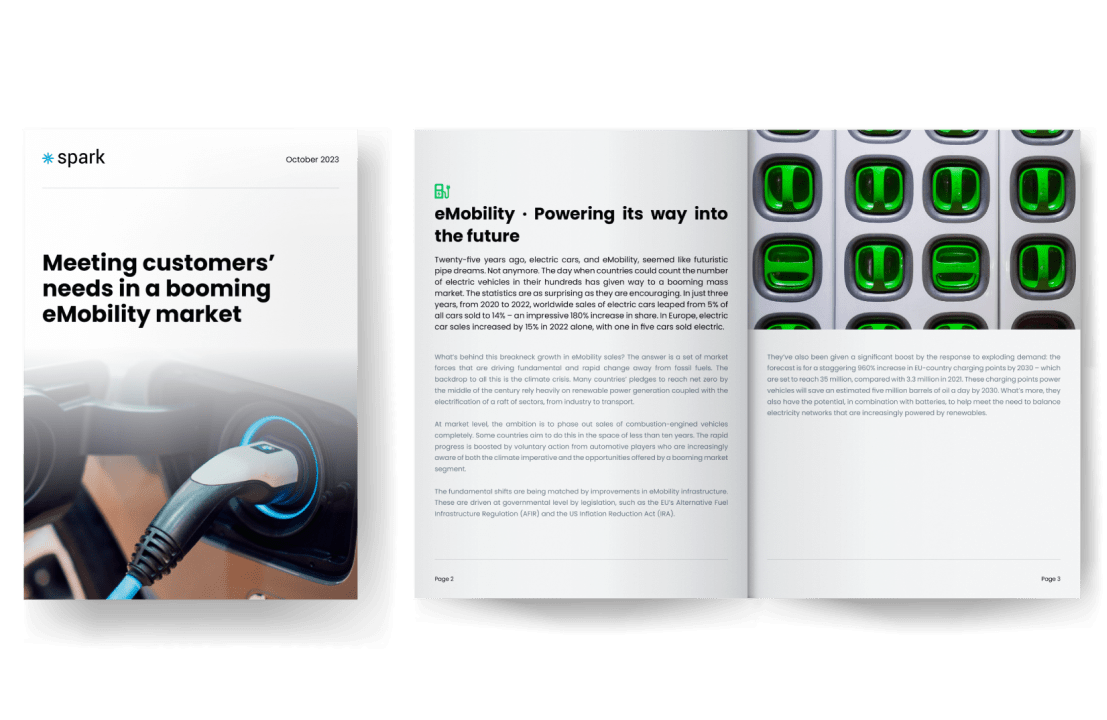
Why we're your best EV charging partner
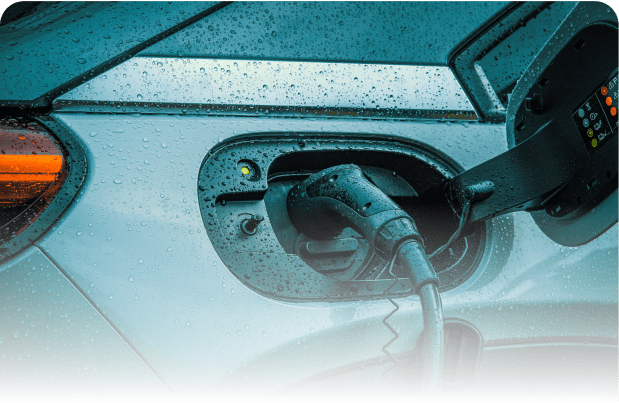
We meet our customers’ challenges
Built on supply chain know-how, and operating across 40 countries, we're perfectly placed to give customers what they want, where, and how they want it – easily.
250 experts and growing
Our customer-facing team is now some 250 strong and is complemented by 40 product managers who define assortments, provide pre-sales assistance, and offer technical support.

125 suppliers, 100,000 products
From AC chargers with powers of up to 40 kW and DC chargers in a range up to 150 kW, we equip you with the best emobility products and solutions.
A greener partner for EV charging
To play an even bigger role in a more sustainable future, we're pledging to invest 10% of the capital spent on supply chain improvements into sustainability solutions, and to reduce CO2 emissions and waste, to help limit global warming to 1.5°C.
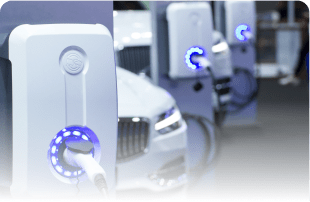
We work with you, for you
No matter the size of your EV charging project, we partner with you to provide the right chargers and bundle them with high quality accessories...on time, every time.
Omnichannel for a seamless experience
With a fully digitized omnichannel approach, we guarantee your customers a seamless installation and charging experience.
€2bn investment in even-better supply chain logistics
And with 200 warehouses and 28 new and improved central distribution centers, we're driving the EV charging market further

Your “go to” partner for all your eMobility projects
By improving the quality of our teams and their expertise, we're committed to a long-term investment to be part of the eMobility journey
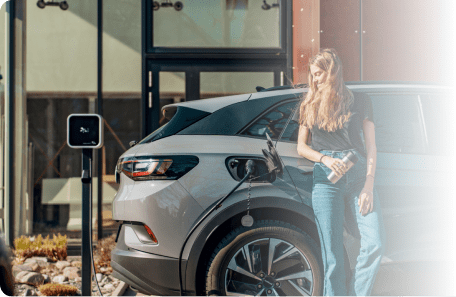
What our suppliers say
We are excited to continue to expand our partnership with Sonepar to offer installers smart and efficient charging solutions.
Douglas Alfaro
Chief Business Officer, WallboxRead our partner story
Got EV charging questions?
Here are answers to your most commonly asked EV charging questions.
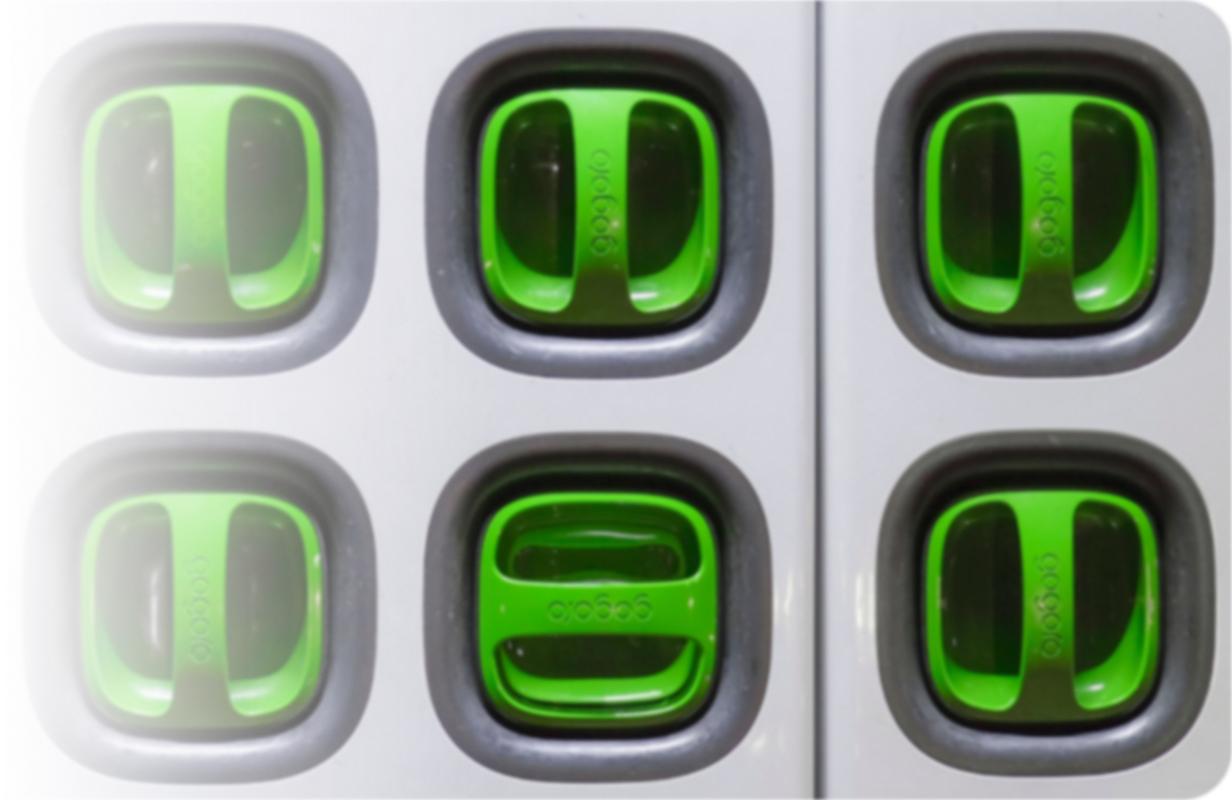
What kind of EV charger should I order?
EV chargers are categorized by their level of charging power. There are 3 common EV charging levels.
Level 1 – means basically plugging a car into 230V AC wall socket
Level 2 – a typical AC charging station that could be mounted to a wall, a pole, or standing in the ground
Level 3 – fast charging which is based on DC technology, using direct current to charge electric vehicle directly bypassing the AC/DC onboard converter
What is the most sold EV charger?
Level 2 chargers are the most sold as they are primarily designed for home, workplace and destination charging stations and are considered as slow charging for overnight or longer stops.
How should I choose EV chargers?
When purchasing an EV charger, consider these four factors: grid capacity where it should be installed, ease of use/installation, warranty, and user-friendly data management.
What kind of EV charger is suitable for a convenience store or commercial space?
High power 22 kW AC charger with dual connectors or low power DC charger (50-150 kW) are the best option for convenience stores or commercial spaces due to the ability to charge vehicles relatively quickly.
When do I need a DC charger?
Unlike AC chargers, a DC charger has the converter inside the charger itself so it can feed power directly to the car’s battery. DC chargers offer significantly faster charging to customers and are very suitable for the highways, gas stations or quick appointments.

